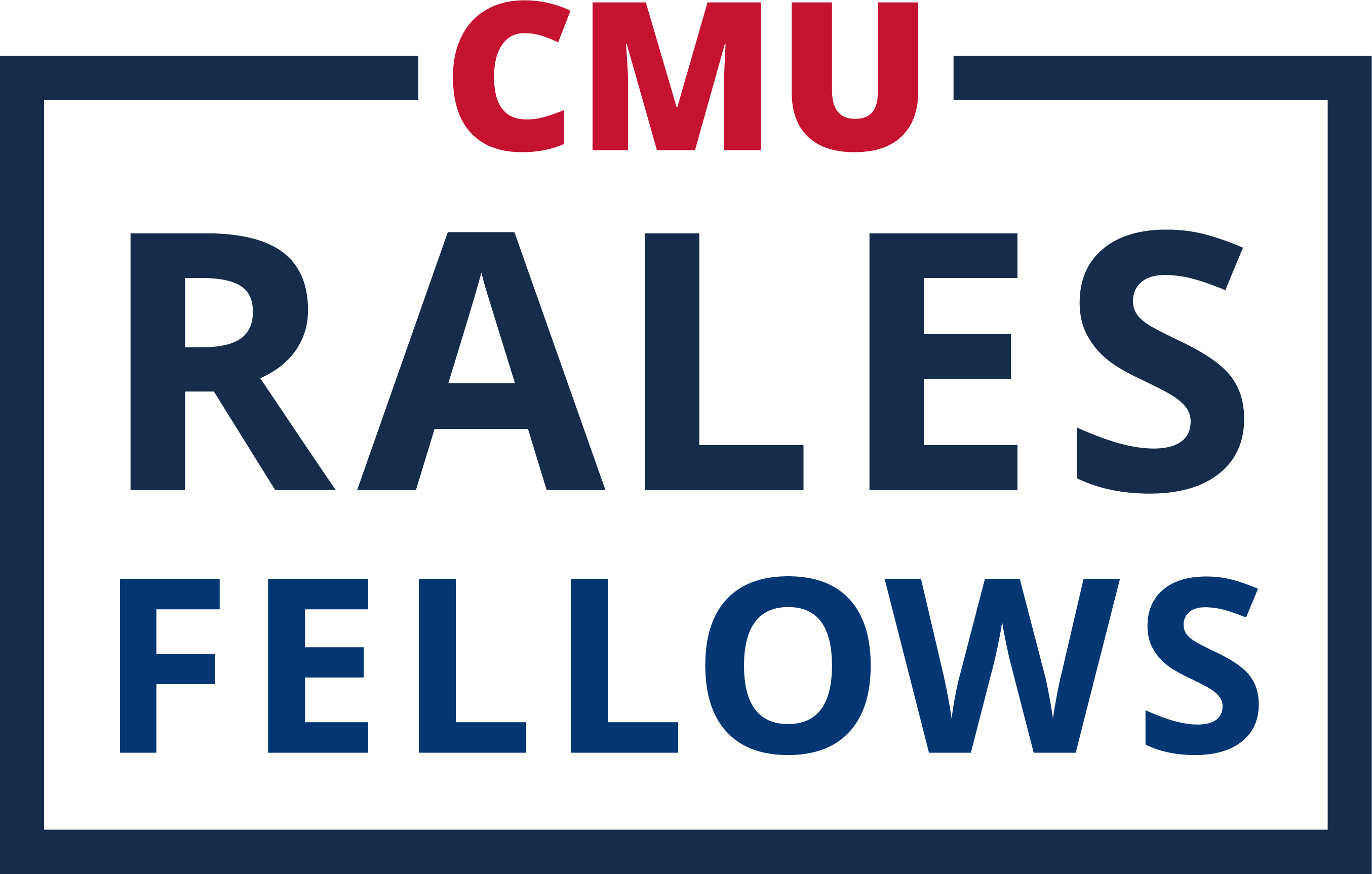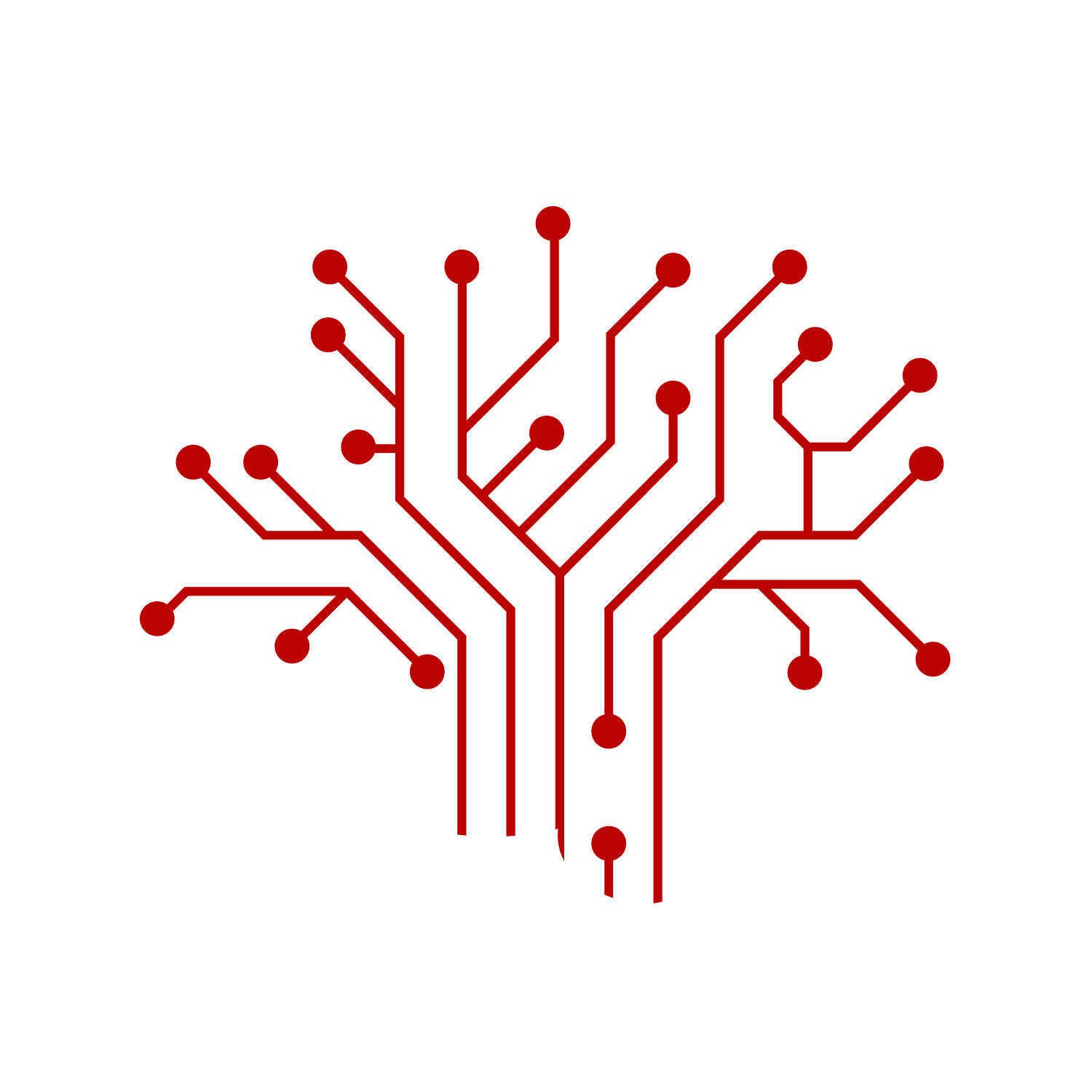Ph.D in Neural Computation
Computational neuroscience is an area of brain science that uses technology to develop and analyze large data sets that are used to understand the complexities of neurobiological systems. In recent years, these methods have become more and more vital to the field of neuroscience as a whole. The use of quantitative methods in neurophysiology has led to important advances, and there has been a continuing stream of related work within mathematics and applied physics. More recently, engineers, computer scientists, and statisticians have contributed to the field, further expanding the definition of computational neuroscience. At the same time, the number of investigators with requisite skills who are actively engaged in this domain of research is relatively small. There is a widely recognized need for increased training in the application of computational, mathematical, and statistical methods to biology and medicine, and to problems in neuroscience in particular.
The Ph.D. Program in Neural Computation seeks to train new scientists in the field. The environment at Carnegie Mellon University and the University of Pittsburgh has much to offer to students interested in computational approaches and it is a perfect home for the Ph.D. Program in Neural Computation. The neuroscience community in Pittsburgh is known for being particularly strong in computation. The program also offers joint Ph.D. degrees with Machine Learning and Statistics.
This program is designed to attract students with strong quantitative backgrounds and to train them in quantitative disciplines relevant to neuroscience and also to provide them the essential background in experimental neuroscience.
In doing so, we leverage the special strengths of our institution and the unique neuroscience community here in Pittsburgh. Training faculty and courses will be drawn both from CMU and Pitt as described. The PNC PhD program is designed for students with backgrounds in computer science, physics, statistics, mathematics, and engineering who are interested in computational neuroscience, particularly with an emphasis on quantitative methods from computer science, machine learning, statistics and nonlinear dynamics.
The program consists of the following core activities:
- Coursework in computational neuroscience, quantitative methodologies and experimental neuroscience
- Research milestone presentations
- Exposure to experimental approaches through rotations or thesis research
- Training in teaching, scientific presentations and responsible conduct of research
- Successful defense of a PhD Thesis
Additional satellite activities through the CNBC will also foster students’ professional and scientific development. Read more about the curriculum.
The PNC program is overseen by the PNC training faculty, the Academic Program Manager, and the Program Directors. Questions about any aspect of the program should be directed either to the Academic Program Manager, Melissa Stupka, or one of the Program Directors: Steve Chase at CMU and Gelsy Torres-Oviedo at University of Pittsburgh.
Diversity in Neuroscience
Neural Computation Contacts
Academic Program Manager
Melissa Stupka
Mellon Institute 116C
mstupka@andrew.cmu.edu
Program Director (CMU)
Steve Chase
Professor, Biomedical Engineering & Neuroscience Institute
Carnegie Mellon University
Mellon Institute 115N
schase@andrew.cmu.edu
Program Director (Pitt)
Gelsy Torres-Oviedo, Ph.D.
Associate Professor, Bioengineering
University of Pittsburgh
Schenley Place, Room 115
gelsyto@pitt.edu


